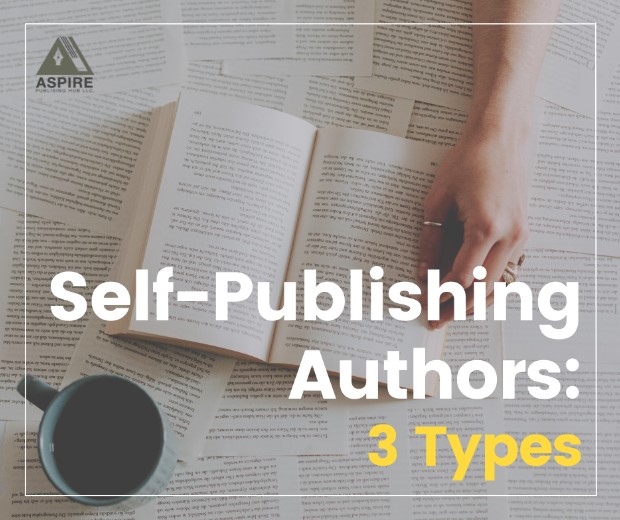Want to take your writing to the next level? Engage with your readers! Discover the advantages of reader-author interaction and how to make it a part of your writing process.
As a writer, you may feel like your work is a solitary pursuit. However, engaging with your readers can bring a whole new level of depth and meaning to your writing. Not only can it help you connect with your audience, but it can also provide valuable feedback and insights that can improve your craft. In this article, we’ll explore the benefits of reader-author interaction and provide tips on how to make it a part of your writing process.
Building a loyal fan base.
One of the biggest benefits of reader-author interaction is the ability to build a loyal fan base. When readers feel a personal connection to an author, they are more likely to become repeat readers and recommend the author’s work to others. By talking to your readers on social media, in email newsletters, or even at in-person events, you can build a group of fans who want you to do well as a writer. This can lead to increased book sales, more opportunities for speaking engagements or book signings, and a stronger overall brand as an author.
Receiving valuable feedback and constructive criticism.
Another benefit of interaction between readers and authors is the chance to get useful feedback and constructive criticism. By engaging with your readers, you can gain insight into what they like and don’t like about your writing and suggestions for improvement. This can help you refine your writing style and make your work more appealing to a wider audience. Additionally, receiving feedback from readers can be a great confidence booster, as it shows that people are interested in your work and invested in your success as a writer.
Gaining inspiration and ideas from readers.
Reader-author interaction can also provide writers with a wealth of inspiration and ideas. By engaging with your readers, you can learn about their interests, concerns, and perspectives, which can help you develop new storylines, characters, and themes. Additionally, readers may share their own experiences and insights, which can spark new ideas and help you approach your writing from a fresh perspective. By incorporating reader feedback and ideas into your writing process, you can create work that resonates with your audience and stands out in a crowded market.
As you continue to engage with your readers, there are some things to keep in mind that can help strengthen your relationship with them:
- Respond promptly to comments and messages: This shows your readers that you value their input and are interested in hearing their thoughts.
- Offer exclusive content or sneak peeks: Providing your readers with exclusive content or early access to upcoming projects can help keep them invested in your work.
- Be open to feedback: While not all feedback will be positive, it’s important to listen to your readers and consider their suggestions for improvement.
- Show your personality: Readers often appreciate getting to know the person behind the writing, so don’t be afraid to share a bit of your personality and quirks in your interactions with them.
By consistently engaging with your readers and taking their feedback into consideration, you can build a dedicated fanbase and improve your writing skills at the same time.
Reader-author interaction is an essential part of building a successful writing career. Remember, building relationships with your readers can lead to loyal fans and valuable feedback to improve your writing.



